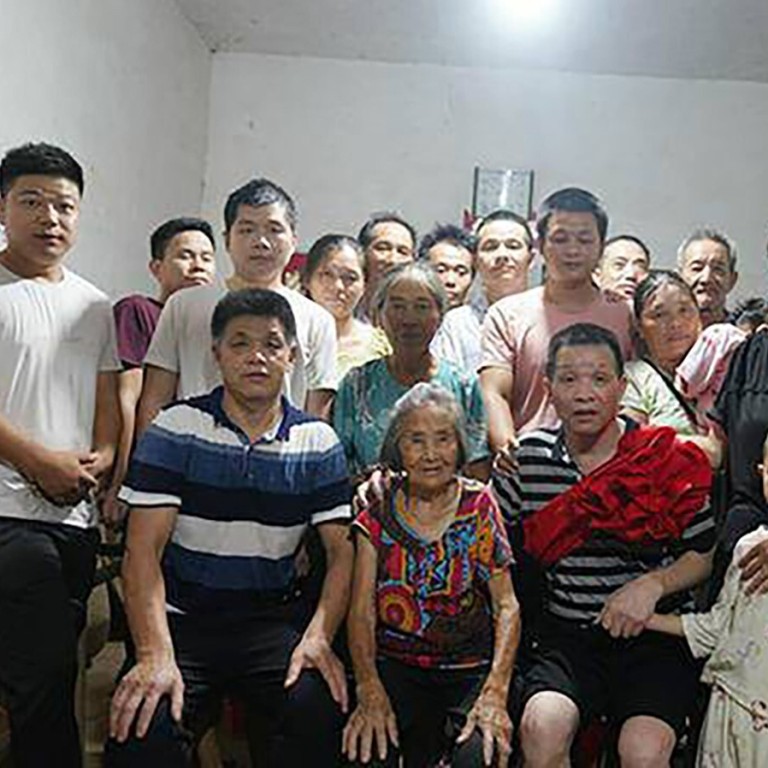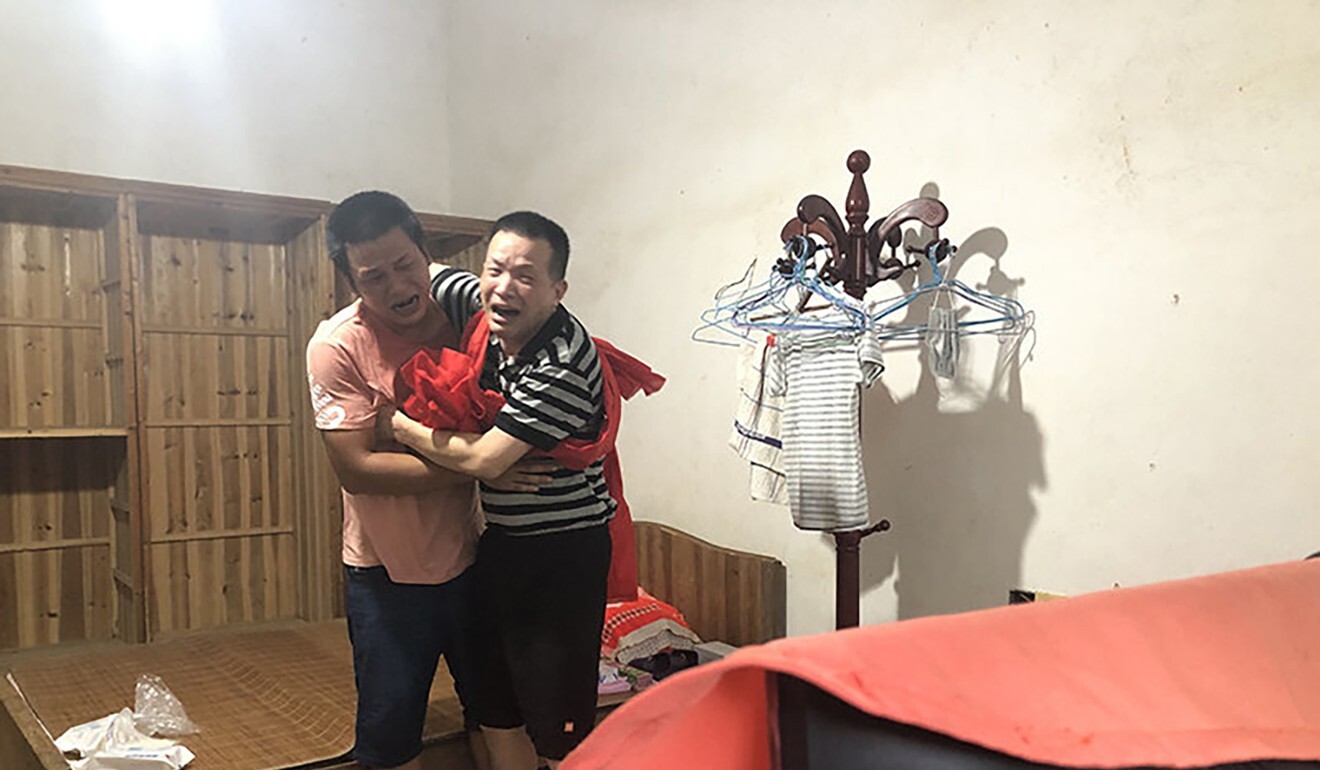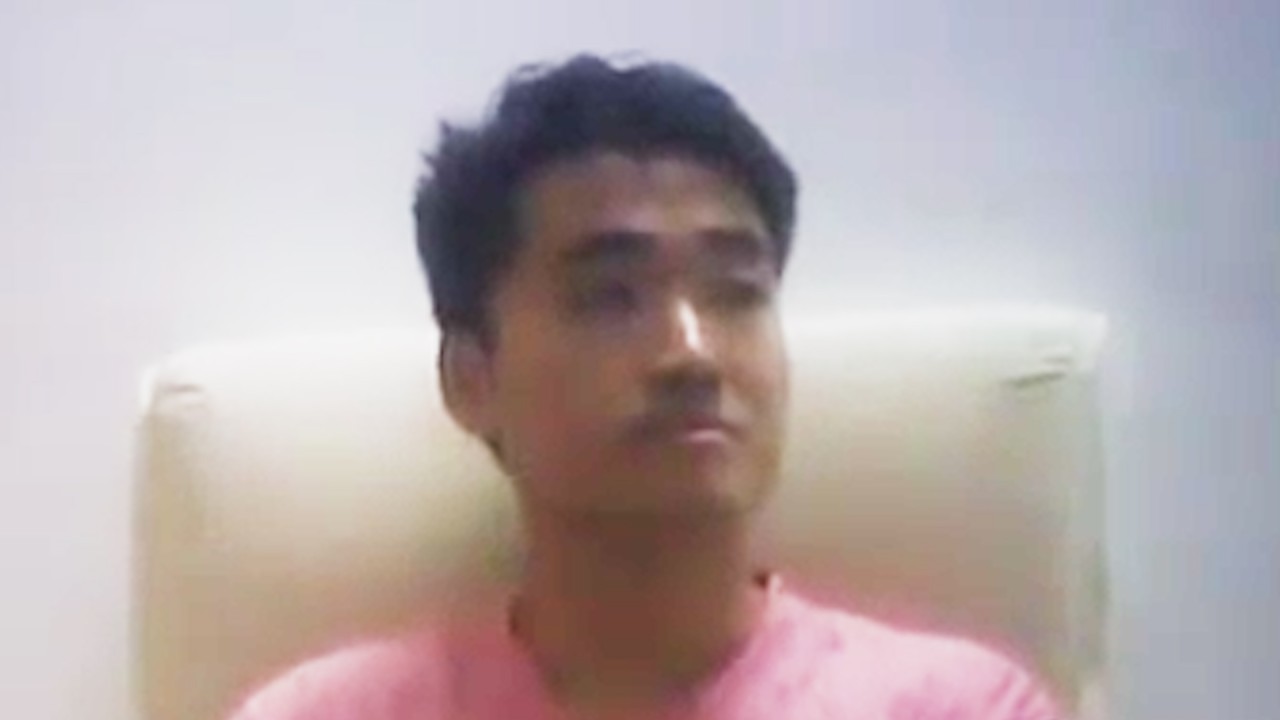
Zhang Yuhuan case shows China’s need to prevent wrongful convictions
- High-profile cases have revealed gaps in China’s legal system: coerced confessions, misidentification of bodies, conflicting statements and lack of evidence
- Authorities must take a careful look at what went wrong in Zhang’s case, punish those responsible and consider ways to avoid wrongful convictions in the future
The Supreme People’s Court in the eastern province of Jiangxi declared Zhang not guilty on August 4 in a retrial, based on a lack of sufficient evidence. In the past few days, Chinese media has been awash with his tale. There have been tear-soaked images of his reunion with his ageing mother, his ex-wife who fought hard for his release and his two grown sons, whom he last saw as toddlers.
Zhang was jailed for 9,778 days – nearly 27 years – and is believed to be the longest-serving wrongly convicted prisoner in China. He was arrested in October 1993 after two boys in Touling village were found dead and police suspected Zhang, a neighbour of the victims, had strangled and killed them.
He received a suspended death sentence from the Nanchang Intermediate People’s Court in January 1995 that was commuted to life imprisonment after two years. Zhang said he was forced to make false confessions after being tortured and threatened by police during interrogation.
Zhang has always maintained his innocence, and his family have repeatedly appealed to all relevant legal departments and every level of courts. Two months after the initial sentencing, the Jiangxi Supreme People’s Court heard his appeal and ordered a retrial that, in 2001, upheld the original verdict. The case was reopened last year, pushed by his family and a defence lawyer.
On the day I heard this news, I happened to listen to The Death Row Book Club, a BBC radio documentary about an American man who created a book club while on death row. He spent 28 years in jail while innocent of a double murder.

Wrongful convictions are not unique to China, of course, but there do seem to be a lot, including several high-profile cases in recent decades.
These cases sparked heated discussion in Chinese media as well as among legal experts on how China could better prevent the miscarriage of justice. Experts have made a case study of She’s ordeal as it is a telling example of what can go wrong in China’s legal system – coerced confessions, misidentification of a body, conflicting statements and almost non-existent evidence.
It is widely claimed that Chinese police often rely on torture to extract confessions out of suspects. With tears in his eyes, Zhang Yuhuan said he was hung and beaten with an electric baton.
Partly in response to the embarrassing high-profile cases, China has launched a crackdown on forced confessions and made serious efforts to eliminate cases that are entirely pinned on a suspect’s confession. Zhang Yuhuan is a case in point – the evidence found at the crime scene was insufficient, as Zhang’s lawyer argued at his recent retrial.

03:14
Chinese police release video of Simon Cheng ‘confession’ after his claim of torture in detention
Even so, forced confessions continue to undermine China’s judicial system. Its Communist-Party-run courts still have one of the highest conviction rates in the world.
Its first modern criminal law promulgated in 1979 didn’t even address the presumption of innocence – a common presumption in many other countries and a key principle in preventing the miscarriage of justice.
In the wake of Zhang’s release, the Global Times sang the government’s praises, stating that “the overturning of such cases reflects the progress of China's judicial system over the years”. I do believe China has made great progress since reforming and opening up in 1978.
To safeguard against wrongful conviction, further reforms are needed. Some have called for establishing an independent review body that combines inquisitorial and adversarial functions. Also, suspects must be granted the right to remain silent.
Zhang Yuhuan has endured untold suffering, as has his family. His desperate wife was forced to remarry and his sons grew up without their father.
Apart from congratulating themselves, the authorities must take a careful look at what went wrong in Zhang’s case, punish those responsible and consider ways to avoid wrongful convictions in the future. It would be a great comfort for Zhang and his family.
Lijia Zhang is a rocket factory worker turned social commentator and the author of a novel, Lotus

